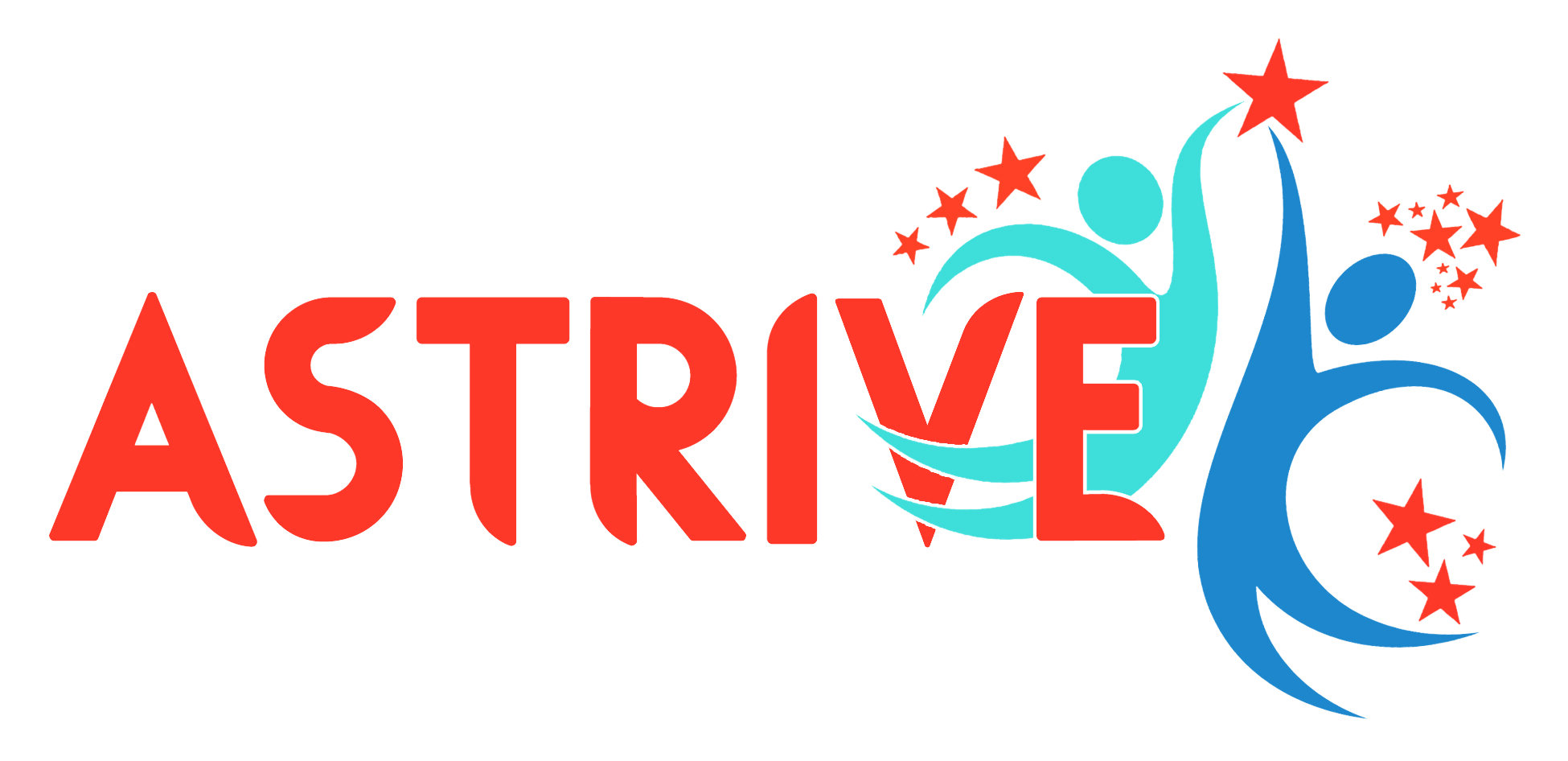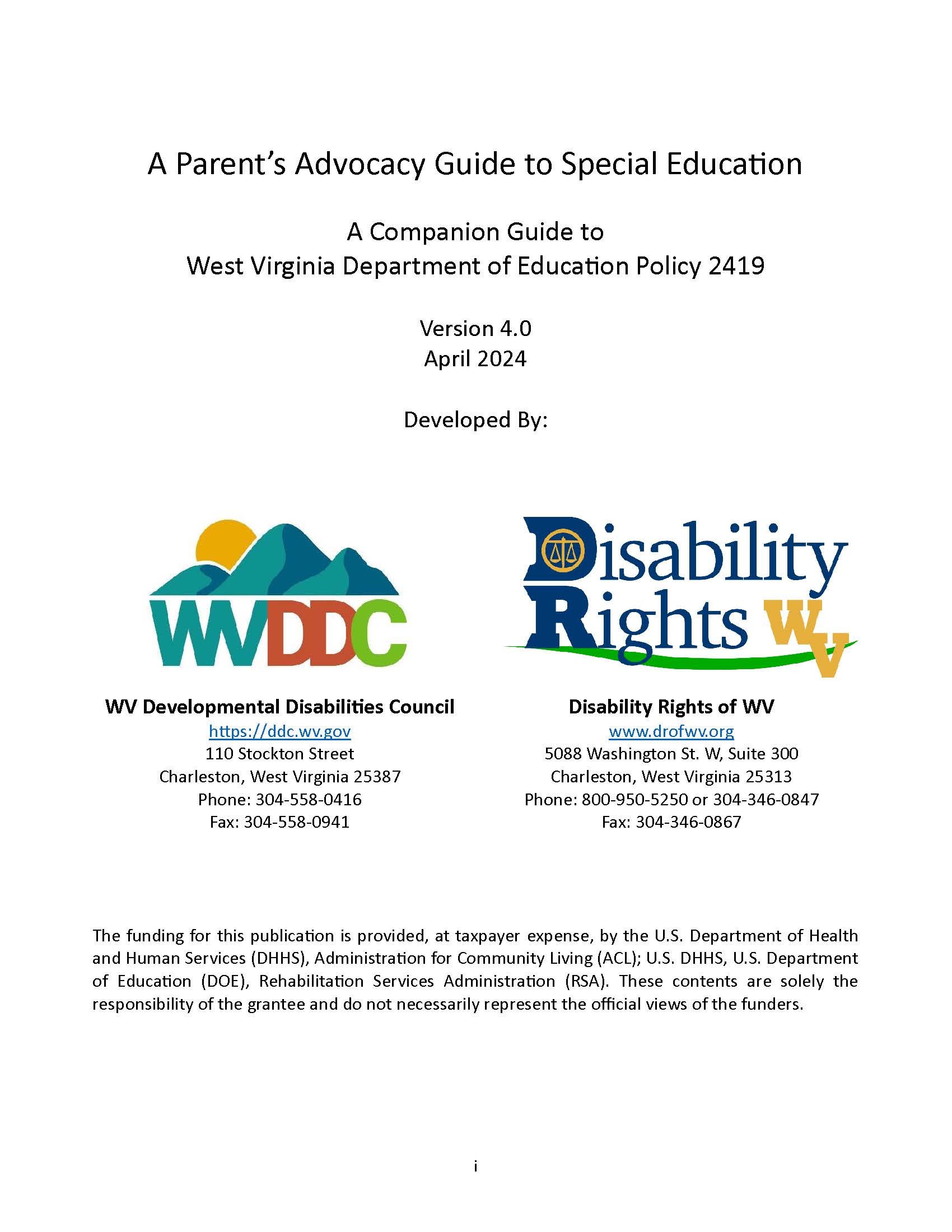Special Education Advocates can help parents and guardians navigate the system to ensure their child, teen, or young adults with disabilities are getting what they need to be successful in school. Many people use advocates when they suspect or are just learning that more individualized supports may be beneficial and they do not know how to go about getting it for their child. Others use advocates when they have fought for their child or loved one’s needs, and they are being met with resistance or disregard.
While educating parents, guardians, and providers on how to successfully advocate on their own is the ultimate goal, the reality is that sometimes it can be overwhelming and additional assistance is needed. ASTRIVE’s purpose is two-fold: to educate students and families on advocating for themselves, and assist in their advocacy efforts when it becomes necessary.
You will find links to tools and resources that I have found to be extremely helpful in my journey as the parent of a daughter with developmental disabilities, and the authors, organizations, or agencies are credited for you to reference.
A Revised Parent's Advocacy Guide to Special Education 4.0
One FREE spiral-bound copy of A Parent's Advocacy Guide to Special Education can be ordered by calling the WV Developmental Disabilities Council at 304-558-0416.
You can also click HERE to download the .pdf version of A Parent's Advocacy Guide to Special Education.
This Guide was developed in response to parents’ requests to have instruction and materials to help them better understand special education policies and procedures in West Virginia.Do you or someone you know need a “Guide” through Special Education policies and procedures? Do you want tips, forms, sample letters, flowcharts,and more to advise you about difficult situations and keep you organized? Made available by The West Virginia Developmental Disabilities Council (WVDDC) and Disability Rights of West Virginia (DRWV), the updated Version 4.0 is now available.
Criteria, Timelines, Private Schools, Birth to Three Transition
Sample Letters, Checklist, Team Report, Meeting Notice
Initial Evaluation, Additional Evaluations, Independent Evaluations, Private Evaluations
Request Form, Evaluation Components, Reevaluation Plan, Sample Letters
Individualized Education Plan (IEP)
Meetings, Required Team Members, Role of Parent/Student, Team Member Excusals
Student Info, Attendance Signatures, Extended School Year (ESY), Consideration Factors, Assessment Data, Transition, Present Levels of Achievement and Functional Performance (PLAAFP), Goals, Services, Statewide Testing, Placement, Prior Written Notice (PWN), Consent
Guidelines to Obtain Necessary Services and How to Handle Difficult Conversations
Placement, Behavior Violations, Disciplinary Change of Placement, Expedited Due Process Hearing, Protections for Students not yet eligible for special education services, Use of Restraint
Timelines, Communication, Information Distribution, What District Must Provide, Qualified Personnel, Support Personnel
Procedural Safeguards and Prior Written Notice
Types of Notices, Independent Evaluations, Transfer of Rights for Adult Students, Confidentiality
Difference between 504 and IEP, Eligibility, Evaluation, Developing the Plan, Accommodations and Modifications, Assistive Technology, Discipline
Identifying, Guidance for Parents, Resources materials
Quick Reference to Important Timelines
Citizens Appeal - Formal Complaint Against School or Board of Education Personnel
Complaint Process and Forms - Filing a Complaint for Violation of IEP or Special Education Implementation (WV DOE Monitoring and Compliance)








